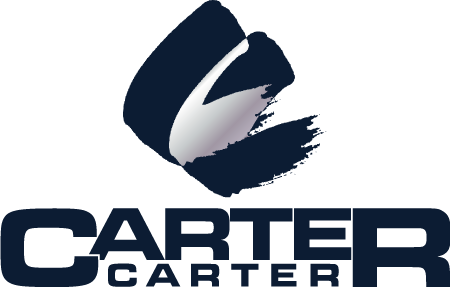Labor and Material Payment Bonds protect those who have supplied material and labor to a project, first because there may be no lien rights against public properties. The bonds also protect owners from liens or other claims made against the property on nonpublic projects after completion of the work, and after final payment has been made to the contractor.
The Miller Act provides direct protection by way of Payment Bonds for those who have a direct contractual relationship with the prime contractor or with a subcontractor. Accordingly, those who furnish material or services to sub-sub’s materialmen or third-tier subcontractors would not be covered by the Act.
The bonded contractor must therefore police all payments made through the chain of subcontractors and primary suppliers to be certain that all payments have in fact been made to all intended suppliers and materialmen. If such payments are misapplied, the bonded contractor may be required to pay twice for the same work.
Typically covered items include:
1. Materials incorporated into the work, delivered to the jobsite, or furnished pursuant to the contract documents even if not delivered to the site.
2. Labor performed at the jobsite, and labor performed in fabricating materials off site pursuant to the contract.
3. Freight and transportation costs.
4. Equipment rental and repair costs.
5. Fuel and maintenance items.
6. Insurance premiums.
7. Unpaid withholding taxes (on federal projects).
8. Union pension and welfare benefits.
9. Some categories of legal interest and attorney’s fees.
Items usually not covered include:
1. Bank loans (even if the loans were used to pay project costs).
2. Claims of liability or damage arising out of performance of the contract.
3. Withholding taxes on state or private contracts.
Note that in the determination of items to be covered, it has been upheld in many states that a supplier only need to “reasonably believe” that its products were shipped to your jobsite. If a subcontractor, for example, picked up materials and noted your job as their destination on the receipt, you may have a problem.
Likewise, some subcontractors may arrange to have material shipped and even delivered to your job because the job is nontaxable, then take the materials to another project. If you allow such a thing to go undetected, you may be ultimately held responsible if there is a payment problem involving those materials.



Post your comment on this topic.